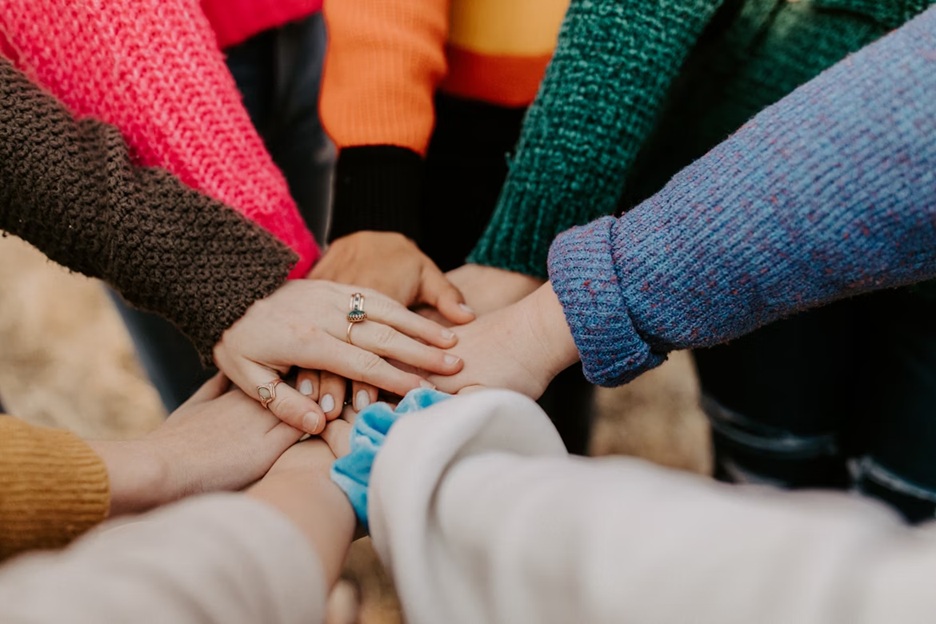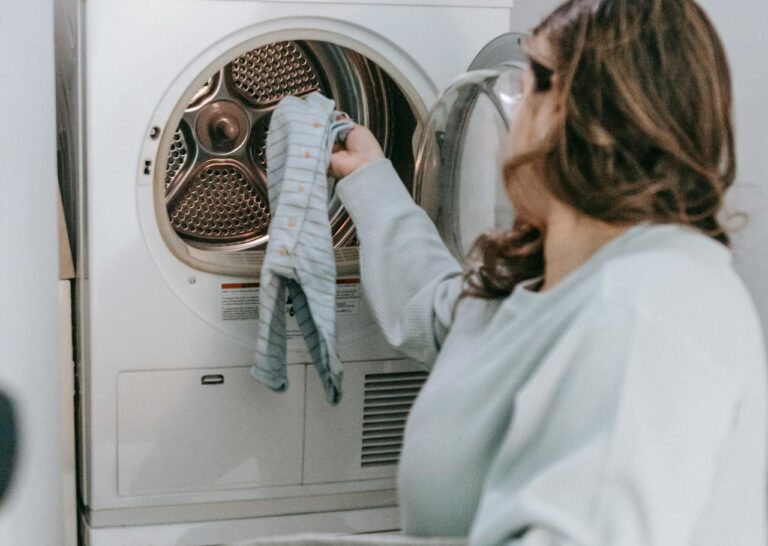
Emergencies strike without warning. Whether it’s a natural disaster or a sudden legal issue, how well you respond often depends on what you know and who you know locally. From knowing the fastest route to the nearest hospital to understanding how local authorities work, this knowledge can be life-saving.
It offers a level of preparedness you simply can’t get from general advice or distant help. In times of crisis, local insights often mean quicker decisions, safer outcomes, and fewer complications. Let’s explore how this hyper-local awareness becomes your most powerful defense when it truly counts.
Quick Decisions Start With Familiar Territory
In an emergency, you don’t have time to look things up. You act. If you already know your surroundings, like nearby clinics, trusted mechanics, and late-night pharmacies, that’s a big advantage. Local know-how trims the decision-making time drastically. It helps you avoid risky trial-and-error in high-pressure moments.
Familiarity with your surroundings becomes critical during disasters. Knowing where to go, who to call, or which routes to avoid can make all the difference. Reflecting this growing urgency, FEMA’s 2024 National Household Survey on Disaster Preparedness found some interesting facts. In 2024, 83% of respondents reported taking at least three emergency preparedness measures, marking a significant rise from 57% the previous year.
Additionally, familiarity with neighborhood layouts like back roads or quiet shelters can help you dodge traffic snarls or panic zones. That’s knowledge Google Maps won’t always give in real time. Being mentally prepared to act quickly builds confidence. And in emergencies, confidence reduces chaos.
Local Knowledge Helps You Navigate Complex Systems
Emergencies don’t always come in the form of sirens and flashing lights. Some are administrative or legal, complex situations where knowing how local systems work becomes your greatest asset. Whether it’s dealing with insurance paperwork, medical documentation, or municipal procedures, local familiarity can help you avoid delays, missteps, and unnecessary stress.
Legal issues, especially those involving accidents, often require immediate and informed action. For instance, in regions like Rogers, Arkansas, where road traffic continues to grow alongside the city’s development, accidents are not uncommon.
Arkansas roads have seen deadly crashes lately. A 44-year-old highway worker, Jonathan Gary Williams, was fatally hit while placing cones. In another wreck, two men died after their truck was crushed between two 18-wheelers.
In such cases, turning to a trusted Rogers car accident lawyer can provide quick and accurate legal direction. Their insight into local laws, timelines, and filing procedures helps you act fast and avoid common pitfalls.
According to Keith Law Group, many accident victims aren’t aware of their full rights or the specific steps needed after a crash. Legal guidance from a firm familiar with the local landscape ensures nothing is overlooked.
Trust Is Built Locally and It Pays off Under Pressure
You’re more likely to trust someone you’ve met, seen around, or heard about through local channels. That trust becomes vital in emergencies. Whether it’s calling a neighbor to check on your kids or depending on a local contractor for urgent home repairs, relationships matter.
In high-stress situations, trust can be the difference between hesitation and action. But building that trust starts close to home. While national trends show a decline in public trust, local connections still hold strong.
The number of Americans who believe “most people can be trusted” dropped from 46% in 1972 to 34% in 2018. Found by Pew Research Center, this decline makes local relationships more vital than ever. When trust is harder to find on a broad scale, leaning into your immediate community becomes a practical solution. Whether it’s checking in or lending a hand, local trust leads to faster action.
Preparedness Becomes Personal with Local Support Systems
Emergency preparedness isn’t one-size-fits-all. A flood plan in Arizona differs from one in Vermont. That’s why local knowledge makes your planning more relevant—and more effective. It turns generic steps into personalized safety nets.
Children are among the most vulnerable during disasters, especially in flood-prone areas. Educating them with locally relevant tools can make a meaningful difference.
A 2023 study published in ScienceDirect found that teaching 11–12-year-olds using local topography maps improved their flood preparedness. Students who took part in interactive workshops showed higher knowledge and readiness. The study highlights how local information makes disaster education more effective and personal.
Personalized plans built with input from local authorities and experienced community members often bridge the gap between awareness and action. From identifying safe evacuation routes to knowing where supplies are stored, these details can’t be captured in broad national guidelines. Ultimately, local preparedness builds trust, reduces panic, and increases the likelihood of recovery, especially for the most at-risk group.
Also Read: Post Construction Cleaning Services That Work in Nor Cal
Frequently Asked Questions
How can I start building local emergency contacts?
Begin with neighbors, nearby clinics, and local utility providers. Joining community apps or groups can keep you connected and informed. The goal is to know who to reach out to quickly, whether it’s during a power outage, medical situation, or other unexpected event.
Why isn’t national emergency advice enough?
National guidelines are useful but often too broad. They don’t reflect local infrastructure, climate, or available services. Local advice is tailored to the risks and resources around you, making your emergency response more efficient, relevant, and likely to succeed.
Can local support help with financial emergencies too?
Definitely. Local banks, credit unions, nonprofits, and legal professionals often provide faster, more flexible help during crises. They understand your area’s challenges and can offer practical, immediate solutions that large institutions or national services may not deliver as quickly.
When emergencies happen, having the right information at your fingertips can change the outcome entirely. While national resources offer guidelines, it’s the local know-how that delivers when every minute counts. Whether it’s personal connections, system awareness, or custom preparedness plans, your surroundings offer more support than you think. Invest in knowing your community; it might just be the best protection you ever prepare.







